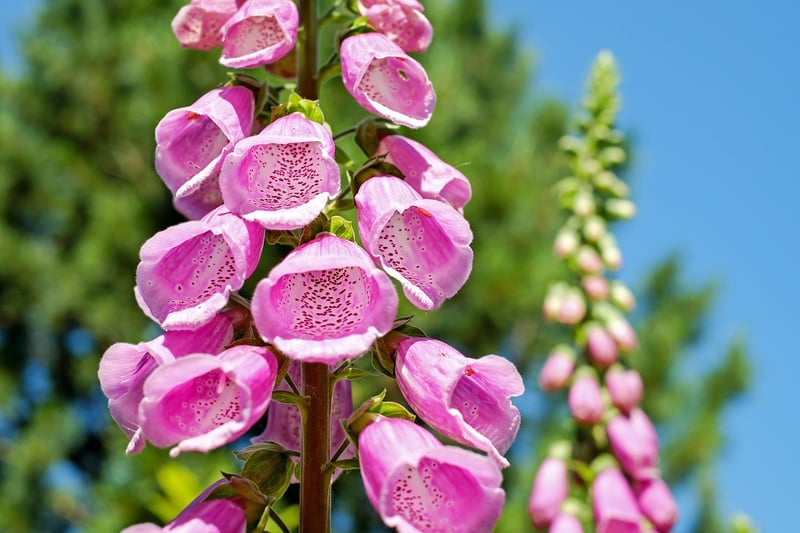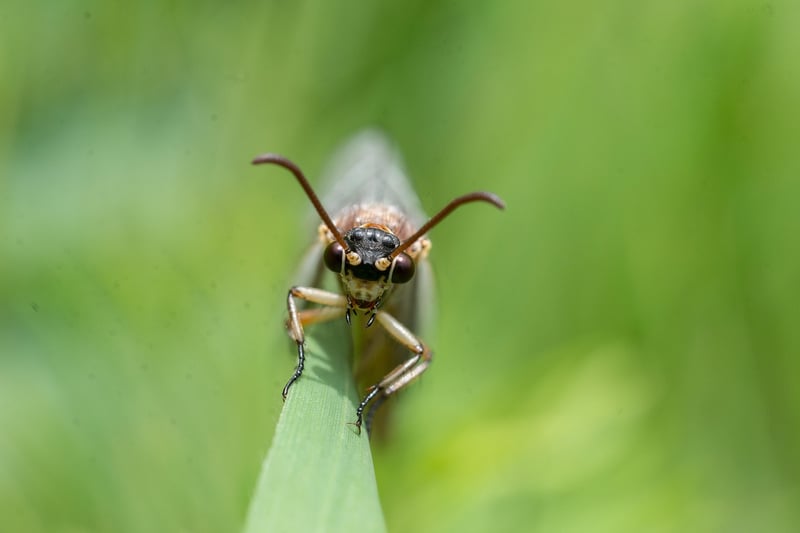Pest Control
Keeping Your Vertical Garden Healthy and Thriving
Vertical gardens are a fantastic way to bring greenery into small spaces, adding a touch of nature to urban environments. However, maintaining a vertical garden comes with its own set of challenges. Here are some tips to keep your vertical garden healthy and thriving:
1. Choose the Right Plants
Not all plants thrive in vertical gardens. Select plants that are suitable for vertical growth and have similar light and water requirements. Some great options include pothos, spider plants, ferns, and succulents.
2. Ensure Proper Drainage
Proper drainage is crucial for the health of your vertical garden. Make sure your containers have drainage holes to prevent waterlogging, which can lead to root rot. Use a well-draining potting mix to help excess water flow out.
3. Watering Techniques
Watering vertical gardens can be a bit tricky. Check the moisture levels regularly, especially in the top rows where water might not reach as easily. Consider using a watering can with a long spout or a drip irrigation system for efficient watering.
4. Provide Adequate Light
Most plants in vertical gardens require sufficient light to thrive. Ensure your vertical garden receives the right amount of sunlight based on the plant's requirements. Consider placing your garden near a window or using grow lights if natural light is limited.
5. Regular Maintenance
Regularly inspect your vertical garden for any signs of pest infestation, wilting, or yellowing leaves. Trim off any dead or damaged foliage to promote new growth. Cleaning the leaves with a damp cloth can also help remove dust and pests.
Pest Control in Vertical Gardens
1. Identify Common Pests
Common pests that can affect vertical gardens include aphids, spider mites, mealybugs, and whiteflies. Keep an eye out for any signs of pest damage such as yellowing leaves, sticky residue, or webbing.
2. Natural Remedies
Consider using natural remedies like neem oil, insecticidal soap, or a mixture of water and dish soap to control pests in your vertical garden. These remedies are effective and safe for your plants.
3. Companion Planting
Some plants can naturally repel pests. Consider companion planting with herbs like basil, mint, or lavender to deter common garden pests and promote a healthy ecosystem in your vertical garden.
4. Regular Inspections
Inspect your plants regularly for any signs of pest infestation. Early detection can help prevent pests from spreading and causing extensive damage to your vertical garden.
5. Consult a Professional
If pest infestations persist and natural remedies do not seem to work, consider consulting a gardening professional or an expert in pest control to help identify the issue and provide suitable solutions.


